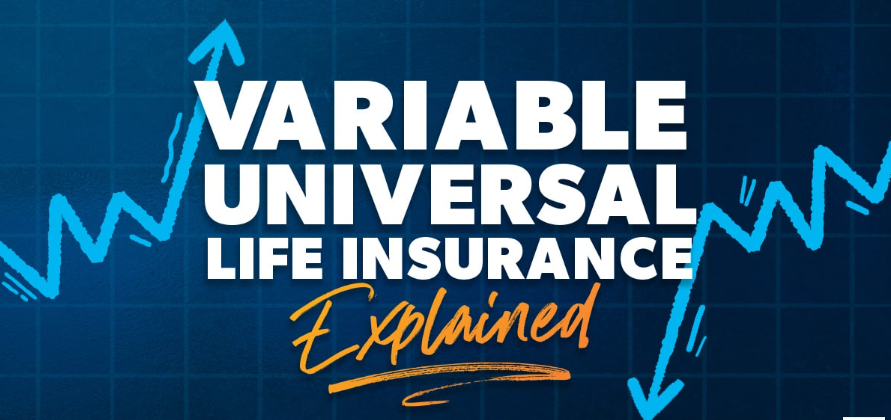Variable Universal Life (VUL) insurance is a sophisticated financial product that combines the permanence of whole life coverage with the investment flexibility found in mutual funds. If you’ve been contemplating this type of insurance, it’s crucial to understand its features, benefits, and complexities to determine if it aligns with your financial goals.
Variable Universal Life (VUL) insurance is a form of permanent life insurance that includes a flexible premium and an investment component that can be adjusted based on the policyholder’s choices. This type of insurance not only provides a death benefit but also allows the policyholder to invest in a range of sub-accounts similar to mutual funds.
Key Features of VUL Insurance
Flexible Premiums: Unlike traditional life insurance with fixed premiums, VUL allows you to adjust your premium payments based on your financial situation, although minimum payments are required to keep the policy active.
- Investment Choices: Policyholders can allocate their premiums among various sub-accounts offering different levels of risk and growth potential, impacting the cash value accumulation of the policy.
- Fixed Death Benefit: The death benefit of a VUL policy is fixed, although it can be impacted if you borrow against the policy or its performance dips significantly.
- Cash Value Component: Part of each premium payment is invested into the chosen sub-accounts, potentially increasing the cash value over time, which can be accessed via loans or withdrawals.
Comparing VUL to Other Life Insurance Types
VUL is often compared to other life insurances, like universal life and variable life, due to its hybrid nature:
- Universal Life Insurance: Offers flexible premiums and a savings element that grows based on a fixed interest rate.
- Variable Life Insurance: Features fixed premiums and a death benefit and cash value that fluctuates based on the performance of investments within the policy.
VUL distinguishes itself by providing investment control and flexible premiums, which can be appealing for those who are comfortable with assuming investment risk for potentially higher returns.
Pros and Cons of VUL Insurance
Pros:
- Investment Control: Gives policyholders the ability to choose their investment paths, which can lead to higher cash value growth if the investments perform well.
- Flexibility: Premiums can be adjusted based on personal financial circumstances, providing more control over your financial planning.
- Stable Death Benefit: Offers a guaranteed death benefit, provided policy conditions are met and no loans are taken against the policy.
Cons:
- Investment Risk: Poor performance of chosen investments can negatively impact the cash value and may require higher premiums to maintain the policy.
- Complexity: Managing investments within a life insurance policy requires a good understanding of financial markets and risk, which might not be suitable for everyone.
- Cost: Can be more expensive than other life insurance policies due to administrative fees and the costs associated with managing investments.
Is VUL Right for You?
VUL is best suited for individuals with a solid understanding of investments who are looking for a flexible life insurance solution that also serves as a financial planning tool. It’s particularly appealing to those who have maxed out other tax-advantaged investment options and are looking for additional ways to diversify their financial portfolios.
Considering a Life Settlement
If your circumstances change and maintaining a VUL policy no longer aligns with your financial goals, a life settlement might be a viable option. Selling your policy can relieve you of premium payments and provide a lump sum that can be used for any purpose, such as bolstering your retirement funds or covering unexpected medical expenses.
Before making any decisions, it’s advisable to consult with a financial advisor to thoroughly understand how a VUL fits into your overall financial strategy and whether it aligns with your long-term financial goals. If you are considering selling your policy, companies like Harbor Life Settlements can provide you with a free evaluation of your policy’s value, helping you make an informed decision.



